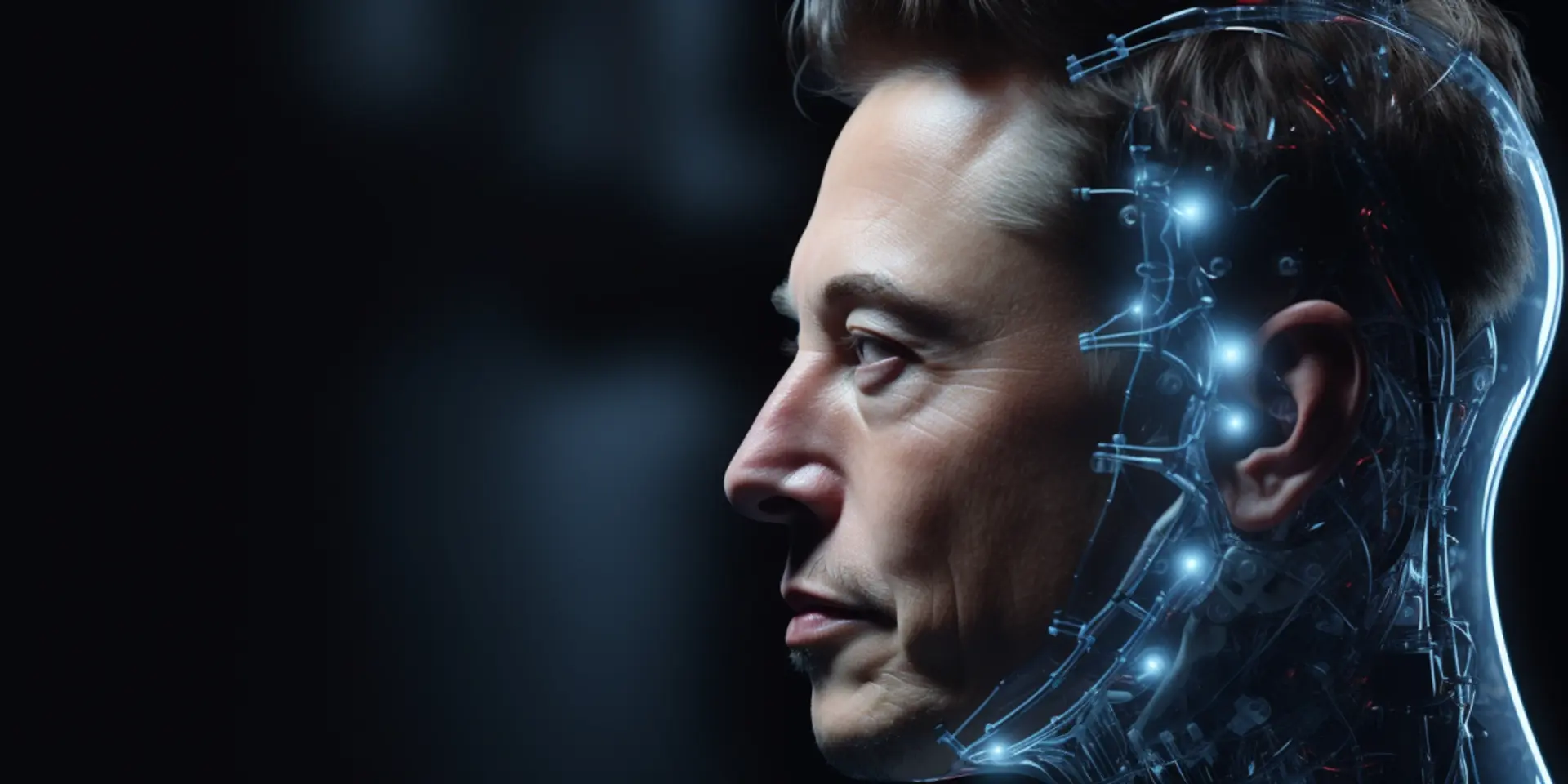Elon Musk's Neuralink Starts First Human Trials: What You Need to Know
From empowering individuals with disabilities to forging a new alliance between humans and computers, delve into Neuralink's ambitious journey and the potential challenges it faces.
Elon Musk's company Neuralink has big news – it's starting its first tests on humans! This project is a huge step forward in connecting the human brain directly to computers. Here’s everything you need to know, broken down simply:
What is Neuralink?
Elon Musk started Neuralink in 2016. The company aims to create a device that people can implant in their brains, allowing them to control computers just by thinking! This could help people who have serious injuries or disabilities to communicate and move more easily. The device might even restore vision in the future.
What is the New Human Trial About?
The new human trial is called the PRIME study. It got approval from official boards and is ready to start testing on humans to see if the implant is safe and works as intended. The study is focused on helping people who can't move their bodies due to spinal cord injuries or a disease called ALS. The participants will be people above 22 years old, who have a caregiver to assist them. The first part of the trial will take 18 months, but the complete study will span six years, including check-ups afterwards.
Musk's Hopes and Plans
Musk has big plans for Neuralink. He hopes it can help people work together with artificial intelligence (AI), a type of computer technology. At an event last year, he even mentioned that he might test the Neuralink chip on himself when the trials start. But, it's not clear yet if he will actually be part of the initial tests.
Controversies Around Neuralink
However, Neuralink has faced some problems too. They are being investigated because of how they treated animals during testing. Since 2018, around 1500 animals, like sheep and monkeys, have died during tests. Neuralink says they are committed to treating animals well and ethically.
In this exciting yet challenging journey, everyone is keen to see if Neuralink can really change the future of human and computer interaction, while taking care of ethical concerns. It's a watch-and-wait game to see if Musk's dreams for Neuralink will come true!







